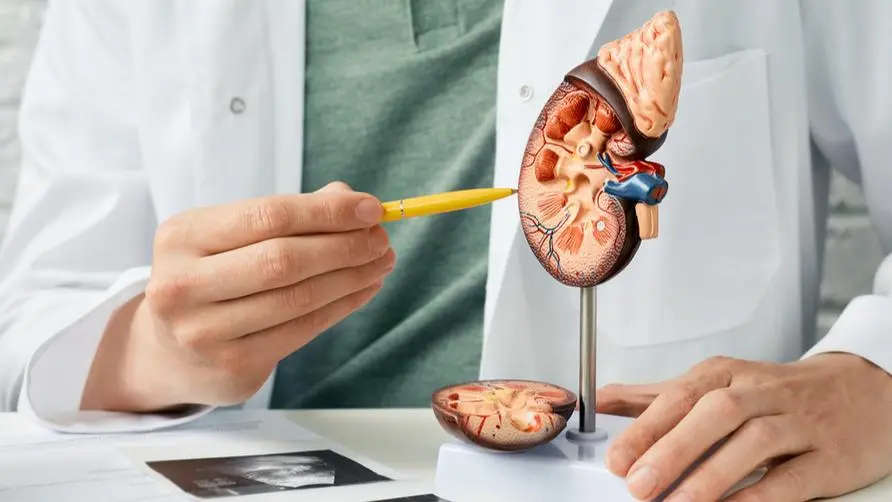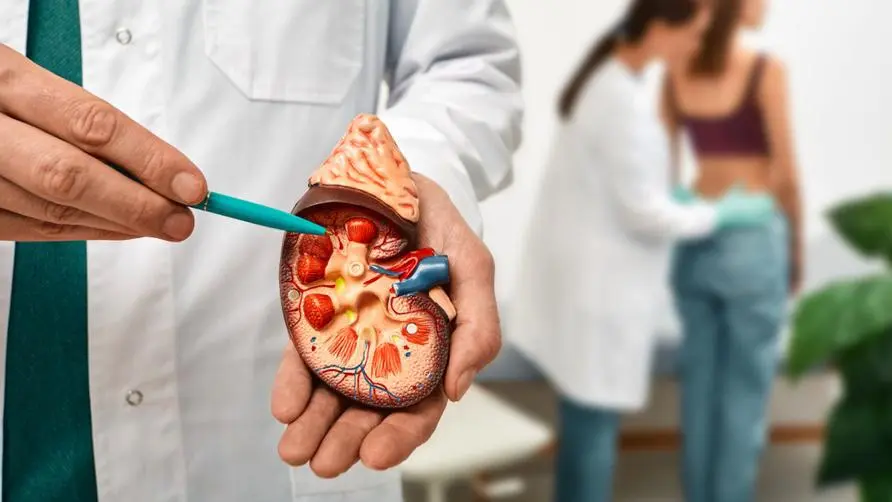Is diabetes more common among those under 40? The younger you are, the less control you have? Expert: 3 numbers must meet the standards

Diabetes is more common among those under 40 years old. Are obesity and refined diet the culprits?
Taiwan is internationally renowned for its food culture, and hand-shaken drinks, salty crispy chicken, and pearl milk tea are popular at home and abroad. At the same time, the number of new diagnoses of diabetes in Taiwan each year has exceeded 160,000, exceeding the total number of newborns in a year. “Taiwan Diabetes Yearbook 2019 Type 2 Diabetes” shows that the age group with the most common incidence of diabetes is 40 to 64 years old, with a proportion as high as 59%. Followed by 65-74 years old accounting for 18-19%. Judging from the incidence rate, the incidence of diabetes among those over 40 years old is relatively stable, while the incidence of diabetes among those aged 20 to 39 years continues to increase, indicating that the issue of diabetes among younger people deserves close attention.
Dr. Huang Jianning, chairman of the Diabetes Society of Taiwan, pointed out in an interview that the increase in diabetes among young people under the age of 40 is related to the lifestyle of modern society, especially the obesity rate and Westernized refined diet, which are important factors affecting diabetes. In order to avoid chronic disease problems caused by high-sugar diets, many countries have successively launched public health policies such as “sugar tax”. One study even found that the trend curves of Taiwan’s hand-shaken drinks beverage industry and the prevalence of diabetes are almost consistent, showing the close connection between diabetes and lifestyle.
Dr. Huang Jianning said that diabetes is a preventable disease. To avoid the onset of diabetes, young people are advised to start by adjusting their lifestyle, including regular exercise, adequate sleep, a balanced diet, and avoiding staying up late and stress, which can reduce the risk of diabetes.
The younger you develop diabetes, the worse your control? ABC three goals must be achieved
“When diabetes occurs in young people, it is even more important to control blood sugar, blood pressure and blood lipids to avoid comorbidities in the future!” Dr. Huang Jianning pointed out that from the long-term data, diabetes in Taiwan before the age of 40 has increased by about nine times from the past to the present. Even closer to 20 times under 20 years old. Patients may be at risk of kidney disease 7 to 10 years after the onset of diabetes. Therefore, once diabetes occurs in young adults, it should be actively controlled as soon as possible to reduce major and minor vascular complications and kidney dialysis problems.
Dr. Huang Jianning said that the younger the patients are diagnosed with diabetes, the sooner they should control the glycated hemoglobin (A1C) within the ideal range to help reduce the chance of future complications. However, it is clinically seen that the younger the diabetic population, the less ideal the control situation is. This is related to the work style and life pressure of young adults, who are more likely to have irregular work and rest patterns and unstable dietary conditions. Young people with diabetes are reminded to control the three “ABC” goals: glycated hemoglobin (A1C) below 7%, blood pressure (Blood pressure) less than 130/80Hg and cholesterol (Cholesterol, LDL-C) less than 100mg/dL, and follow the doctor’s advice Use the right medication to reduce the risk of complications.
Is Insulin the Scapegoat for Kidney Disease? Early treatment can delay kidney dialysis for 10 years
Insulin is an effective drug for treating diabetes, but many people directly associate it with kidney disease and even kidney dialysis. Dr. Huang Jianning pointed out that it is a wrong myth that insulin injections cause kidney deterioration. Most patients develop kidney disease due to poor blood sugar control and severe disease progression, and are faced with the situation of “having to take” insulin. Since insulin administration and nephropathy occur at the same time, patients mistakenly associate the two, making insulin the “scapegoat” for nephropathy caused by poor blood sugar control.
“The treatment of diabetes continues to develop. Insulin is no longer necessarily a front-line drug. Doctors will evaluate the patient’s condition and recommend administration when it is most appropriate. Incretin, which has become popular in recent years, is also an injection drug for diabetes, but it may not be suitable for all patients with diabetes. It is best to discuss it with the attending physician. Doctors discuss treatment strategies. The most important thing is to receive correct treatment early and control blood sugar to avoid kidney, blood vessel, eye and even neuropathy problems! "
Dr. Huang Jianning reminded that according to international research, early setting of treatment goals and improving treatment plans can help diabetic patients reduce the risk of renal function deterioration by 61% in the long term. Some studies have also shown that using the correct drug treatment can delay the time of kidney dialysis by 10-11 years. There are now diabetes drug options that offer better kidney protection. People with diabetes are reminded to regularly check proteinuria and glomerular filtration rate values to understand their own kidney conditions, and join the diabetes and early-stage chronic kidney disease care network as early as possible to obtain better quality care and stay away from complications such as nephropathy and dialysis.
Further reading:





